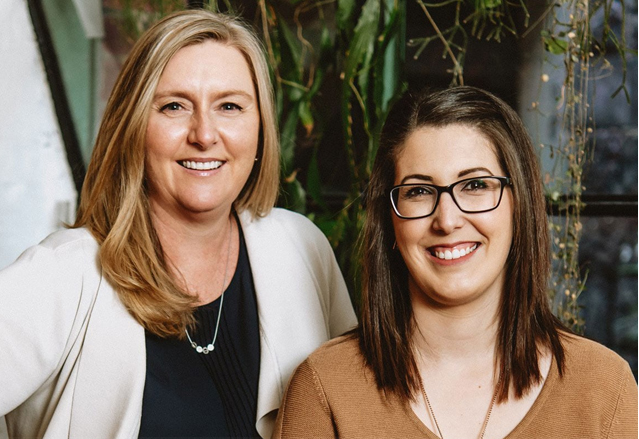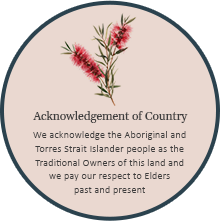
Haven Legal Co. Services
Our Practice Areas

Conveyancing
Whether you are buying, selling, transferring a property or need a contract reviewed our Coburg Conveyancers have you covered. Submit your contract for review (2 business day turnaround or urgent available).
Frequently Asked Questions
What is a will, and why do I need one?
A Will is a legal document that outlines how you want your assets to be distributed after your death. It is essential to have a Will to ensure that your assets are distributed according to your wishes and to minimize potential disputes among your beneficiaries.
What should be included in a will?
A Will should include information about how you want your assets to be distributed, who the executor of your estate should be, and who the guardian of any minor children should be. It’s also a good idea to include any funeral or burial preferences.
What happens if I die without a will?
If you die without a valid Will, your assets will be distributed according to the laws of intestacy, which may not align with your wishes. This can also result in disputes among your family members.
I have a will or am considering making a will. Do I need to have Powers of Attorney as well?
Yes! It is highly recommended that you have both a Will, an Enduring Power of attorney, and a Medical Treatment Decision Maker.
A Will outlines how your assets will be distributed after your death. However, an enduring Power of Attorney allows someone to make important decisions on your behalf while you are still alive but unable to attend to these things yourself, such as managing your finances or making personal decisions such as going into care. There are also delicate medical decisions that may need to be made.
Having a Powers of Attorney in place can provide peace of mind knowing that your affairs will be taken care of if you become incapacitated or unable to make decisions for yourself. It can also help avoid disputes between family members or loved ones who may have different ideas about how your affairs should be managed.
Therefore, it is recommended to have both a Will and Powers of Attorney to ensure that your wishes are respected, and your affairs are managed according to your wishes.
What is conveyancing?
Conveyancing is the legal process of transferring ownership of a property from one person to another. It involves preparing, checking, and lodging legal documents and ensuring that the property is transferred in accordance with the law.
What services does a conveyancer or property lawyer provide?
A conveyancer or property lawyer can provide a range of services including reviewing contracts of sale, conducting title searches, preparing and lodging legal documents, liaising with banks and other parties involved in the transaction, and attending settlement.
Can I do my own conveyancing?
As there are legal implications involved within a property transaction it is strongly suggested that a conveyancing is engaged to simplify the process for you. The conveyancer will provide you with guidance throughout the process and ensure that all documentation is prepared in accordance with the legal regulations in your state or territory. Conveyancers are also covered by professional indemnity insurance which means that you are protected if something within the transaction goes wrong. If you act on your own behalf, you will be responsible for any errors which can lead to serious legal and financial consequences.
What happens at settlement, and will I need to attend?
At settlement, the parties involved in the transaction (e.g. buyer, seller, banks) will exchange legal documents and payment, and the property will be officially transferred to the new owner. As the land settlement is completed electronically via PEXA which is an online property settlement platform, you will not be required to attend. Your conveyancer will monitor PEXA on your behalf and notify you once settlement is completed.
What is estate administration, and who is responsible for it?
Estate administration is the process of managing the assets and liabilities of a deceased person. It involves identifying, collecting, valuing, and distributing the assets to the beneficiaries, paying off the debts and taxes, and fulfilling other legal obligations.
The person responsible for estate administration depends on whether the deceased person had a valid will or not. If there is a Will, the person named as the executor in the Will is responsible for administering the estate. If there is no Will, the court will appoint an administrator to handle the estate administration.
What is a grant of probate? And when do I need one?
A grant of probate is a legal document that gives the executor of a deceased person’s estate the authority to administer their estate according to their wishes as outlined in their Will. It confirms that the Will is valid and that the executor has the legal authority to act on behalf of the estate.
You do not need a grant of Probate in all deceased estates. There are special situations where you might need one such as if you own real estate or there is a bank account that contains more than $50,000 dollars. It is best to speak with one of our lawyers who can make this assessment.
Can I contest a will, and how do I do so?
In Australia, the laws that govern challenging a Will vary between states and territories. However, some general principles apply across most jurisdictions.
To contest a Will in Australia, you must be an “eligible person” who is entitled to make a claim. Generally, this includes spouses or de facto partners, children (including adult children), and sometimes other dependents or family members.
To make a claim, you will need to show that you have been left out of the Will, or that the provision made for you is inadequate, and that this is unfair. This may involve providing evidence of your financial needs, your relationship with the deceased person, and any other relevant factors.
The process of contesting a Will can be complex and time-consuming, and it is important to seek legal advice from a specialist in estate law. It is important to note that contesting a will can be a difficult and emotional process, and may involve strain on relationships with other family members. It is important to carefully consider the potential benefits and risks before making a claim.

For experienced and dedicated lawyers in Cobram and Northern Victoria, call Haven Legal Cobram today.
We strive to deliver outstanding legal services that exceed your expectations and provide you with complete peace of mind.



